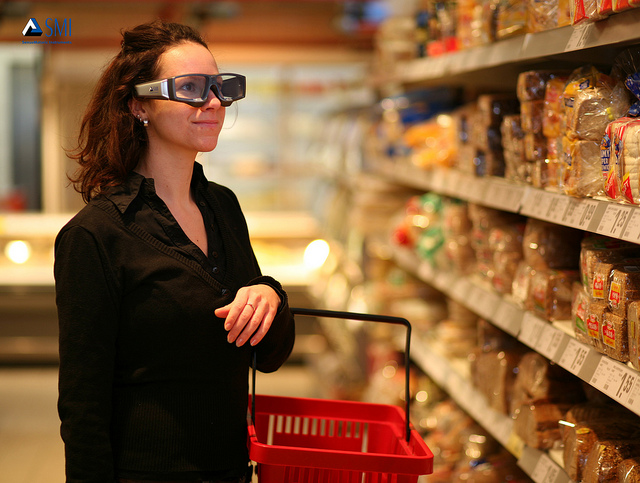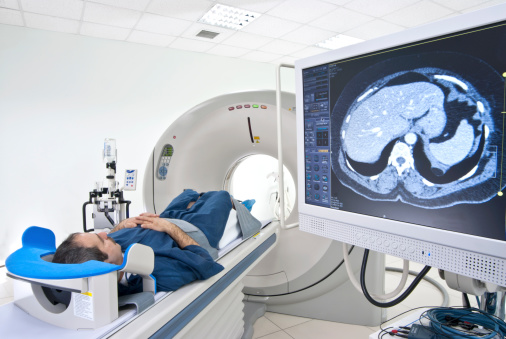CINEMA adverts are less likely to affect you if you are eating popcorn. You are more likely to underestimate the calories in a cake if it has a strawberry on top. And you’re more likely to place a higher bid on eBay if the auction website has a red background. These are just some of the recent findings from the world of consumer psychology.

We all like to think we are rational, independent shoppers who make objective decisions, unswayed by lighting, music, aromas, packaging or wording.
But it seems science knows us better than we know ourselves. Research by consumer psychologists proves time after time that the way we buy goods and services is influenced by myriad factors. Upbeat music makes us eat faster, for example, (good news for fast-food restaurants) whereas small floor tiles make us walk slower (good news for supermarkets).
Not surprisingly, advertising, marketing and customer experience agencies are desperate to get their hands on this insight and the people who can generate it. In the past they have recruited graduates from either an arts or science background to do the job - people with marketing, arts, humanities, business and English degrees to handle the creative and social side, those with traditional psychology degrees to do the science and mathematicians to crunch the statistics.

But increasingly, companies want the whole package, says Adrianne Carter, general manager of UK research and analysis company Shopping Behaviour Xplained.
“We have recruited psychology students and marketing students but it’s those who have actually studied consumer psychology who have the edge," she said.
Gareth Harvey, consumer psychology lecturer at Glyndŵr University in the UK, agrees. From September, he will be leading the new BSc in Marketing and Consumer Psychology course at Glyndŵr Business School. The institution, which has campuses in Wales and London, is one of the first in the world to offer consumer psychology at undergraduate level.
“All too often, marketing companies have based their campaigns on gut instinct - their intuition of how consumers will behave,” said Dr Harvey. “Yet to develop a truly effective campaign, you need to know how the mind works, how people make decisions. You also need to be able to test and evaluate the success of a campaign.
“These are the domains of psychologists and statisticians. But traditional psychologists struggle to apply their knowledge to a commercial setting, and statistics alone won’t give you the big picture.
“Increasingly, marketing and advertising companies are looking for a combination of skillsets - people who understand the psychological processes behind consumer behaviour, who can test and evaluate their theories and can turn their insight into effective marketing campaigns.”
“At the moment this big drive is coming from the UK and USA but Germany is also pushing consumer psychology and demand is growing in China.”

Neuromarketing
The rise of consumer psychology is being driven by technological advances in the new field of neuromarketing, which studies people’s cognitive and affective responses to marketing stimuli.
Eye-tracking glasses, for example, can show exactly what a person is looking at as he or she walks around a supermarket. The data can be turned into maps that highlight the goods or signs that attract the most attention from shoppers.
Galvanic skin response systems are being used to pick up shoppers’ sweat secretion, which can be a sign that an individual is excited (or nervous) about something.
And functional magnetic resonance imaging (fMRI) is being used to pinpoint parts of the brain that are activated by different marketing stimuli.
Some companies have set up their own laboratories or are partnering with universities on major projects using these technologies.
Where can I study consumer psychology?
Undergraduates
Glyndŵr is one of only a handful of universities worldwide offering this specialism at undergraduate level. Its BSc in Marketing & Consumer Psychology starts this September and can be completed either in three years or on a two-year fast-track, both of which include work placements.
The University of Reading does a three-year BSc in Consumer Behaviour and Marketing and the universities of Lancaster and Buckingham do a combined BSc in Marketing with Psychology. Pforzheim University in Germany runs a bachelor degree in market research and consumer psychology, partly taught in German, whilst Colorado Technical University in the United States runs an online bachelor degree program in psychology with a focus on consumer behaviour.
Postgraduates
In the UK, the University of Bangor offers both an MSc and an MA in Business with Consumer Psychology with Business, while London Metropolitan University offers an MSc in Consumer Psychology.
Goldsmiths College MSC Consumer Behaviour. University College London runs an MSc in Industrial/Organisational and Business Psychology. Edinburgh Business School runs an MSc and MBA in consumer behaviour and Kingston University runs an MSc in Behavioural Decision Science.
IE School of Social and Behavioural Sciences, part of Spain’s famous IE Business School, offers a master’s in Market Research and Consumer Behaviour. Mannheim University in Germany does a MSc in Psychology with focus on organizational and consumer psychology. The University of Leiden in the Netherlands runs a master’s in economic and consumer psychology.